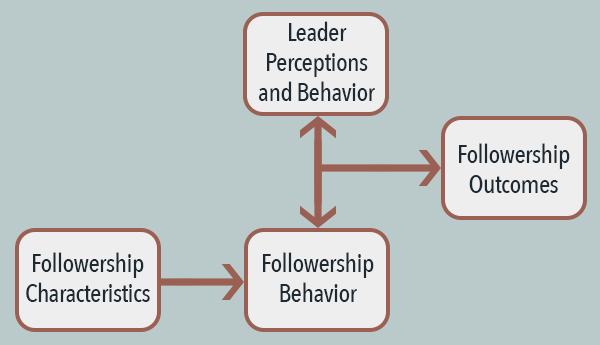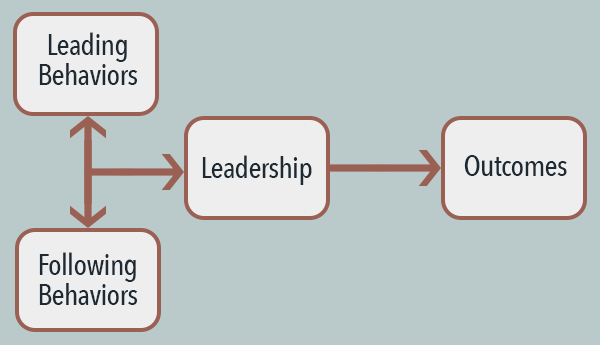Yuki Yamashita
Dr. Hamel
PSYCH 485
October 23, 2023 (JST)
Blog Post 3: Team Leadership in an International Event
One week ago, I joined an international event to discuss what is going on in international society, based on the content of some provided articles. In the event, there were four groups, and most participants were Japanese, while there were also Egyptian, Peruvian, and two Nigerian student assistants. The group I was assigned included one Peruvian student as an assistant, so I would like to analyze her leadership based on the course content.
In the event, the Peruvian student worked as an assistant/ leader to lead a discussion on what topic the group wanted to focus on, general thoughts and opinions about the topic of the article, any solutions for global leaders, and how the group members were going to give a subsequent presentation. One significant leadership the Peruvian student demonstrated is that she helped one of my Japanese peers in the group to share his opinion about the topic considering his introverted personality. In other words, the Peruvian leader showed amazing inclusiveness which is vital to be a leader.
Another leadership she demonstrated was seen when she was trying to assign group members some tasks to comprehend the article deeply and to determine who was going to oversee what part of the presentation. According to the course material, a leader should support their followers to make decisions, make plans, and achieve their goals as a group (The Pennsylvania). To apply this information to the real-world leadership situation, the Peruvian leader played an important role as a leader by helping a student so that he would be able to keep up with the discussion and still be part of the community.
In addition, her leadership included what the course material calls, creating a “positive climate” (The Pennsylvania). This is because she confirmed if the student who was likely to be left behind wanted to be in charge of a particular portion of the presentation so everyone, including the student, of course, was on the same page with one another in terms of the task allocation and the content of the work. If her leadership had not included this skill, the student would have felt isolated and would have not felt comfortable with active participation. Thus, her confirmation of the task allocation demonstrated her potential to be a leader.
As described in the paragraphs above, the international leader showed great leadership in terms of her supportiveness, task allocation, and the creation of a friendly environment. Thus, it is rational to say that the Peruvian leader is democratic and can often gain the support of her followers.
Reference
The Pennsylvania State University. (2023). Critical Functions of Team Leadership. [Lecture notes]. Canvas @ PSU. https://psu.instructure.com/courses/2283258/modules/items/38927226.




